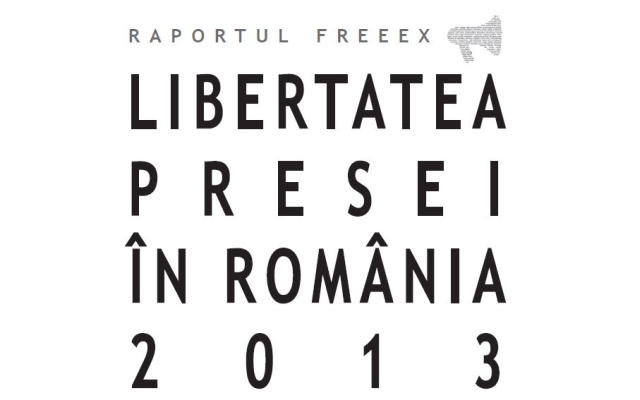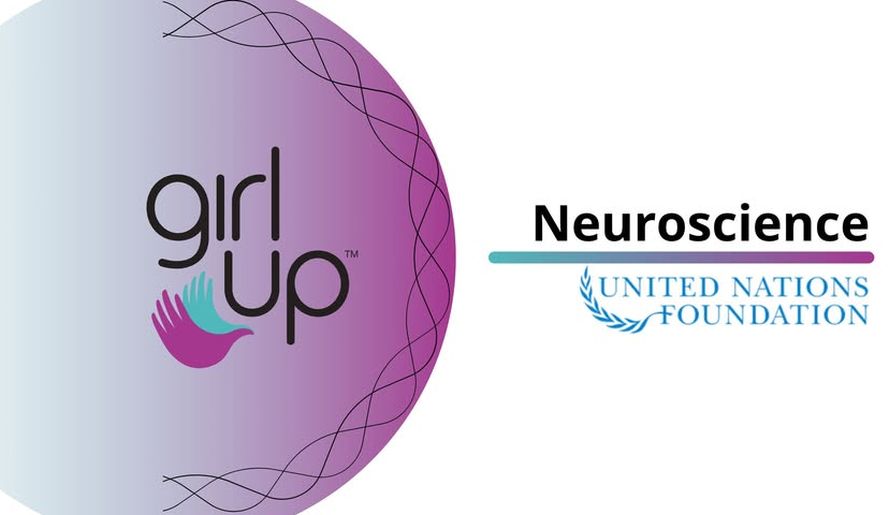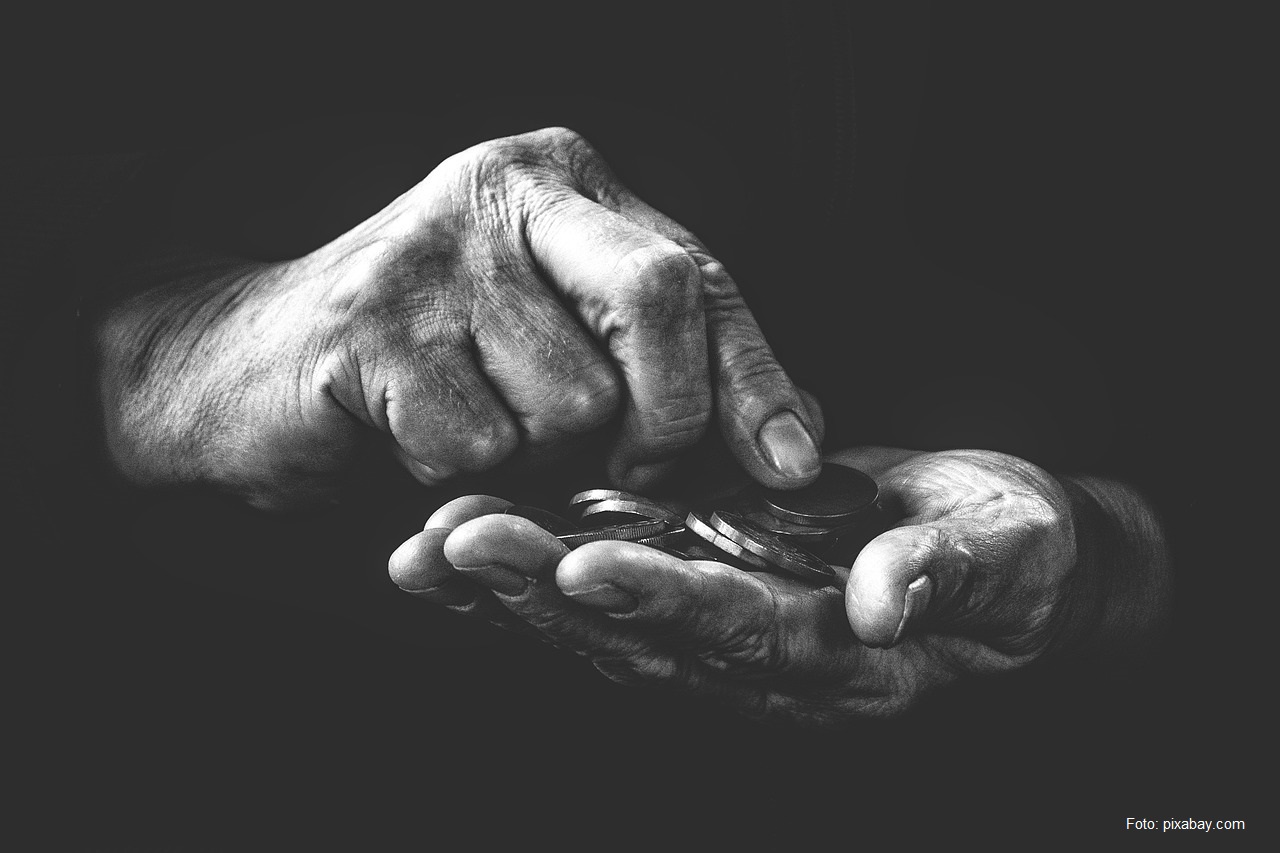Freedom of the Press in Romania
Freedom of the press was restored in Romania following the December 1989 Revolution.

Monica Chiorpec, 12.08.2015, 13:00
Freedom of the press came back to Romania as a fundamental right as one of the outcomes of the December 1989 anti-communist revolution. Over 25 years since, the main problems affecting it are political interference, corruption in financing the press, and infiltration by intelligence agencies.
ActiveWatch issued last week its most recent report on freedom of the press for the previous year. Turning the press into an instrument of political propaganda was more visible than ever. Razvan Martin, one of the authors of the report, told us more.
“In 2014, which was an election year, things got heated up. This brought to the surface the dirt in the media. The political battle, as always, shifted into the media. Again, politicians invested massively in the press, hoping that favorable propaganda and going negative against ones adversaries would guarantee their success, as it had happened in 2004 and 2009. Once again, whoever spent the most on the press lost. The ‘outsider candidate managed to win in spite of a generally hostile press. They have been speaking for years about corruption in the press. The mechanisms of corruption rarely come up to the surface. In the last few months, the cases built by the National Anti-Corruption Directorate have revealed the mechanisms by which the local press, and a part of the national press, is financed by the tycoons, or by politicians and business people through illicit mechanisms, many times from public funds.
State pressure on journalists, press institutions or people who express themselves freely is also a problem, as the report says. Here is Razvan Martin again:
“As I have said, the public agenda this election year, just like in the previous ones, is dominated by partisan voices, which fight a noisy war. A lot of ad hominem attacks have turned from criticism by journalists against politicians to attacks against other journalists. We therefore have a political battle turned into a media battle. Journalists insult each other like never before. They cannot even be called ‘journalists. Even in the judicial system we have an avalanche of cases in which journalists sue other journalists for these attacks, insults and slander. The judicial system is used even to intimidate other journalists. The large media corporations threaten to sue journalists who have the audacity to criticize them, since they have disproportionate financial muscle compared with these journalists, most of them independent. We also have cases in which the press is used to place pressure on justice.
In 2014, it was confirmed that editorial offices had been infiltrated by intelligence agents, after similar events two years before. The topic became a topic of public debate in 2015 as well. In June and July last year, the government and parliament of Romania made an attempt at limiting privacy in electronic communications, in spite of civil society protests. Razvan Martin explains why this is such a serious matter:
“If we are talking of pressure over the press by the state, the most serious situation, as far as we are concerned, is to reconfirm the existence of undercover intelligence agents in our editorial offices. This time, a journalist, or former journalist, has confirmed that they had been undercover agents. After he confessed, at least two more confessions came out, of journalists who told of how they had been propositioned to become undercover agents. This is a terrible situation, which essentially tarnishes the freedom of the press. These undercover agents are endangering the relationship of the journalist with his sources. Discussions between journalists become accessible to intelligence services, the topics are no longer under confidentiality, they become the property of intelligence structures. The public agenda is also influenced by intelligence, it is infested and channeled on certain topics. Last year we had two bills we dubbed ‘Big Brother and they seriously threatened fundamentals rights and freedoms that got media support against the traditional press. The most important voices that came against there legislative initiatives in the public sphere came from human rights NGOs.
In 2014, Romania ranked 52nd in the annual international table published by Reporters without Borders, seven places down from last year.






























